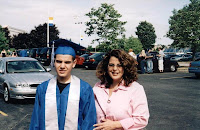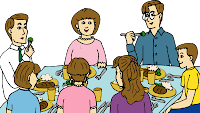Post High-School Education for Teens on the Autism Spectrum

"My 18 year old [with high functioning autism] will soon be graduating from high school in a few months. What are the best options for post high school education?" The future is looking brighter than ever for young people with Aspergers (AS) and High-Functioning Autism (HFA). As most parents know, kids and teens on the spectrum are usually very intelligent, but suffer from a lack of social skills, communication abilities, and sensory issues. The recent surge of information, education, and treatment options are starting at younger ages, increasing the chances - and the choices - for post high school education. There are several secondary education options to investigate for your AS youngster: Technical or vocational schools: These schools offer career training in a relatively short amount of time, with the added benefit of being close to home. If your youngster is thinking of a career in computer repair, air conditioning and heating repair, general office duties

